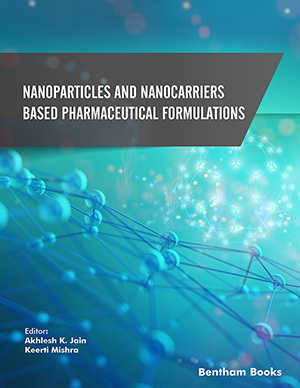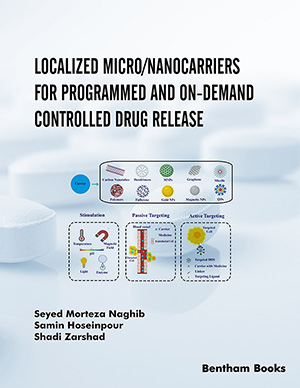
Abstract
Background: P-glycoprotein (P-gp), a well known ATP dependent efflux membrane transporter, has been attracting considerable interests of medical researchers due to its efflux pump effect being a primary cause of multidrug resistance (MDR) and poor bioavailability (BA) of anticancer agents. How to resolve the aforesaid problems has become the research hot-points in the medical and pharmaceutical fields. The past three decades have witnessed rapid development of the P-gp inhibition-based strategies used for modulating pharmacokinetics (PK) and thus overcoming MDR and improving BA of anticancer drugs.
Methods: An electronic search of PubMed database from inception to April, 2016 was conducted. Additionally, we searched the reference lists of included studies and carried out a citation search for the included studies via Web of Science to find other potentially relevant studies.
Results and Conclusion: Lots of the studies of the P-gp inhibition-based strategies are under preclinical phase and the obtained results are exciting and may represent great promise in the clinical application potential. In order to provide useful information for the development of novel strategies for improving BA of anticancer drugs, this article aims to review the research progress in the P-gp inhibition-based strategies that has been acquired over the last three decades, with focus on the P-gp inhibitors, herbal constituents and pharmaceutical excipients as well as novel P-gp-linked drug delivery systems (DDSs). Additionally, the fundamental knowledge on P-gp also is briefly discussed.
Keywords: Bioavailability, drug delivery system, multidrug resistance, pharmacokinetics, P-glycoprotein, P-gp inhibitor.
 93
93 3
3 1
1



















